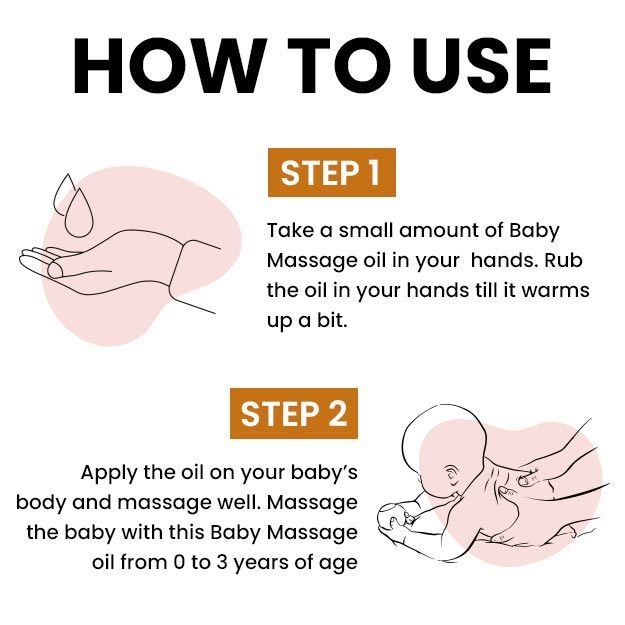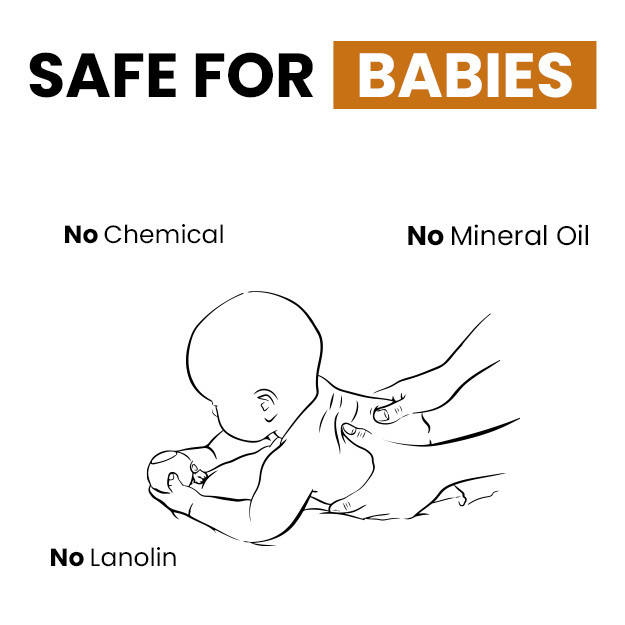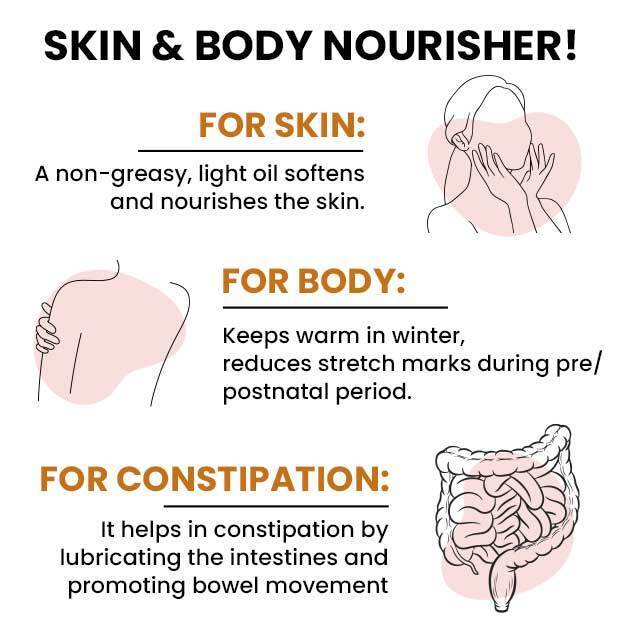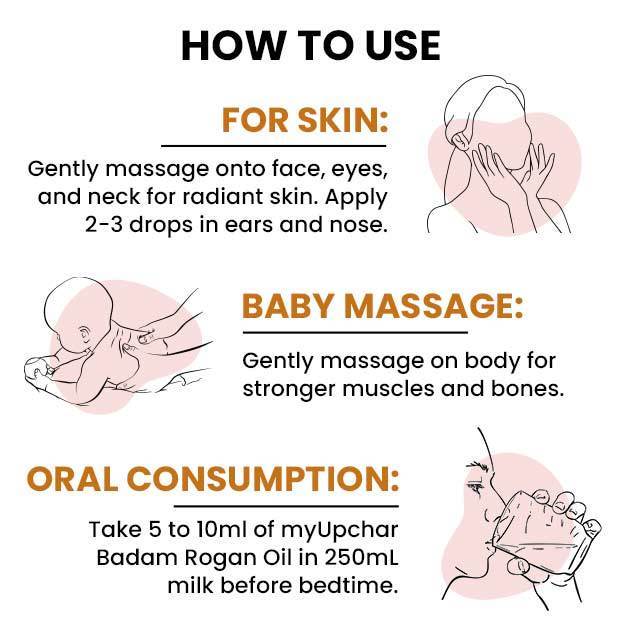The rate of growth of children is different, so it becomes difficult to understand whether the child is overweight or not. Parents often do not pay attention to the obesity of the child. Obesity is a serious problem that affects children and adolescents. Obesity is the condition of a child being overweight according to his height and age. Due to excess fat in the body of a child, he is at risk of many health problems like diabetes, heart disease and asthma, etc. Apart from this, an obese child has to face difficulty in playing with other children. Many times, due to obesity, the self-esteem of the child becomes weak or they start getting stressed.
Keeping in mind this problem occurring in children of today's era, you have been told in detail about obesity in children. Along with this, you have also been told in detail about the symptoms of obesity in children, causes of obesity in children, prevention of obesity in children and treatment of obesity in children etc.
(Read more - High cholesterol in children)
- Symptoms Of Obesity In Children
- Causes And Risk Factors Of Obesity In Children
- Possible Risks Of Obesity In Children
- How To Reduce Obesity In Children?
- Treatment And Remedies For Obesity In Children
- Summary
Symptoms Of Obesity In Children
Not all children are obese, only some children have more weight than the average. During physical development, the level of fat in the body of a child can vary. BMI gives guidelines regarding the weight and height of the child and its data is considered correct for obesity. Doctors use BMI growth charts to check obesity. Apart from this, other tests, if needed, help to find out which other health problems your child's weight can lead to.
(Read more - Practical Tips for Preventing Constipation in Children)
Causes And Risk Factors Of Obesity In Children
Family health conditions, psychological factors and lifestyle play an important role behind children becoming obese. Children whose parents or other family members are obese are more likely to be obese. But the main reason for obesity in children is their overeating and less exercise. The causes of obesity in children are explained in detail below.
An unbalanced diet such as fast food, sugary beverages and snacks, soda, soft drinks and sweets increases obesity in children rapidly.
Many parents do not know what to give their child a healthy diet or how to prepare a healthy diet, while other parents are unable to buy fresh fruits and vegetables due to financial problems.
Lack of physical activities and eating unbalanced food increases obesity in children. Exercise helps in controlling calories and weight. When a child is not interested in playing outside and spends most of his time sitting in front of the TV or computer, then his body weight gradually starts increasing.
Obesity starts increasing in some children and teenagers due to psychological reasons. Children who eat more food to reduce stress, boredom and negative feelings, have obesity problems.
Parents who are given packaged milk, unknowingly feed them more food. It is very difficult to estimate the exact amount of packaged milk to be given to the child and in such a situation, parents feed the child more or even twice the amount than required. Many parents start feeding their child every time without knowing the reasons for crying, this also makes the child gain weight rapidly.
(Read more - Yoga for Children)
Possible Risks Of Obesity In Children
Obesity can cause many serious disorders in a child, which can trouble him throughout his life. The child is likely to have the following risks due to obesity.
Diabetes:
By eating too much sugar-rich foods, the child is at risk of type 2 diabetes. In this, the body is not able to digest glucose properly. Due to this, other problems like kidney diseases, eye problems and nerve damage can occur. Obesity increases the risk of type 2 diabetes in both children and adults. However, this condition can be reversed with a balanced diet and exercise.
Heart disease:
Fatty foods and high salt diets increase cholesterol and BP. Both these conditions increase the risk of heart disease in obese children. Increased cholesterol increases the problem of blockage in blood vessels and high BP. Heart attack and stroke are caused by these problems.
Asthma:
Obesity worsens the condition of children already suffering from asthma (long-term inflammation in the lungs). Asthma and obesity are disorders that occur with each other. Although it is difficult to tell the relationship between these two diseases, most of the people suffering from asthma still have obesity. It has also been observed that obese people are at risk of having a serious condition of asthma.
Sleep disorders:
Children who have fat accumulation around the throat due to obesity have the problem of airway blockage. Due to this condition, the child gets problems like sleep apnea. In this, the child is not able to breathe properly while sleeping at night. Also, due to this, snoring also starts.
(Read more - Diabetes in children)
How To Reduce Obesity In Children?
- To protect children from obesity, parents have to pay special attention to the habits of the child. To protect children from obesity, you should try the following measures.
- Provide physical education to the child and motivate him to do more physical activities.
- Give a nutritious and balanced diet to the child.
- In school, emphasis should be given on making the child emotionally, mentally and physically healthy.
- Increase the child's interaction with people in the society.
- Do not let the child eat outside food and junk food.
- Give the child as little sweet things as possible, such as candy, chocolate, ice cream and canned juice.
- Take the child to play outside the house as much as possible.
(Read more - Tips to increase your baby's weight)
Treatment And Remedies For Obesity In Children
The treatment of obesity in children is determined on the basis of their age and their other health problems. The treatment of this problem mainly includes changes in the eating habits and physical activities of the child. In some special circumstances, the option of medicines and surgery is chosen for obesity.
Health organizations working for children advise that children from 2 years to teenagers should control their weight by participating in special weight control programs. Through this process, the height of the child increases instead of weight, because his BMI reaches a healthy level.
To reduce obesity in children aged 6 to 11 years, they should be encouraged to lose not more than half a kilogram of weight in a month by changing their eating habits. Older children and adolescents (who are overweight) should not lose more than one kilogram of weight in a week by changing their eating habits.
Other measures helpful in reducing obesity in children
It is the responsibility of parents to keep the child healthy and only they can do this work better. The following measures are told to you to reduce obesity in children.
Know about food:
Some parents do not even know what is right and what is wrong for the child to eat. Therefore, parents should know about nutritious food, so that they can give a healthy diet to their child.
All the members of the family doing every work together:
By all the members of the family eating a balanced diet and everyone participating in physical activities, the child also learns these good habits.
Make some new recipes:
Along with teaching the child good eating habits, you should not always refuse him from eating outside food, because in such a situation the child starts insisting on eating the same things. In this situation, you should reduce his junk food eating habits to a great extent and make some new recipes at home. This helps the child learn good eating habits and stay healthy for a long time.
Understand the child's feelings and talk to him:
If the child is obese, then you should understand his feelings and help him to overcome this problem. In this situation, do not say negative things to the child, this can hurt his feelings. Appreciate his efforts to lose weight and encourage him.
(Read more - How to Strengthen Your Child's Immune System)
Summary
Adopting a healthy lifestyle is very important to prevent obesity in children. A balanced diet, which includes fruits, vegetables, whole grains and low-fat proteins, is beneficial for the health of children. Make it a habit to avoid junk food, sweet drinks and fried food. Involve children in physical activities like sports, cycling or dance for at least one hour daily. Limit time on TV, mobile and video games so that their screen time is reduced. Ensure adequate sleep as lack of sleep can lead to weight gain. Adopting healthy habits with the family helps children learn a healthy lifestyle.

























